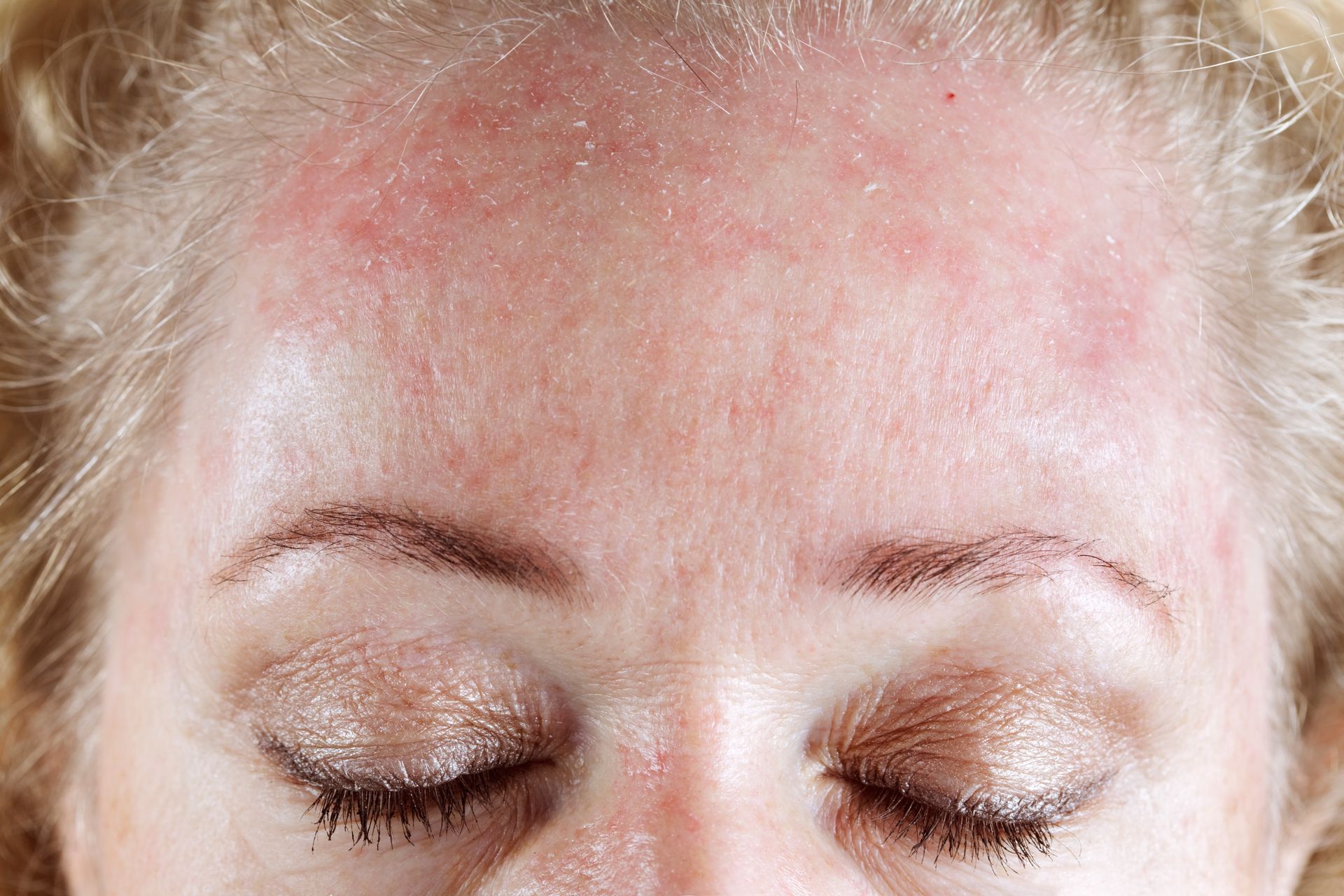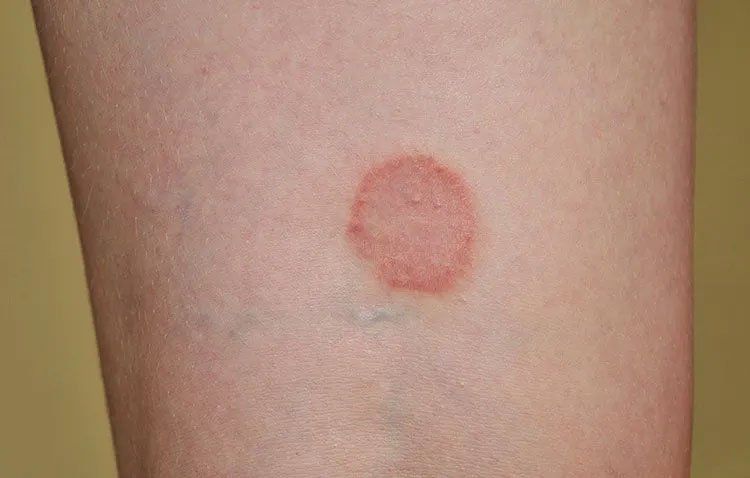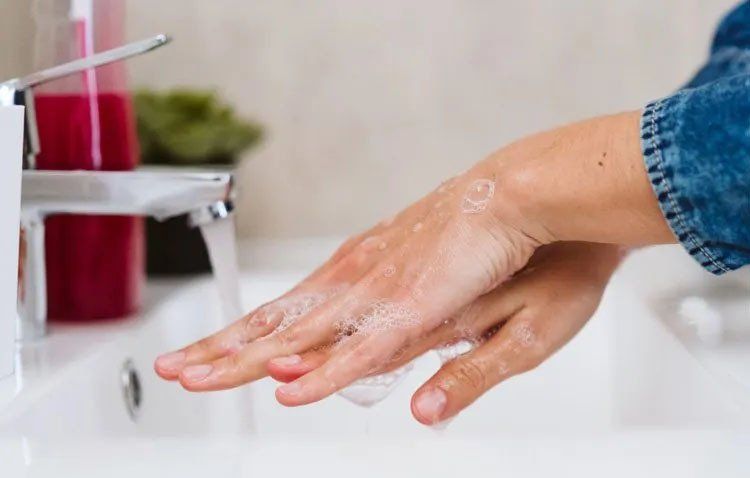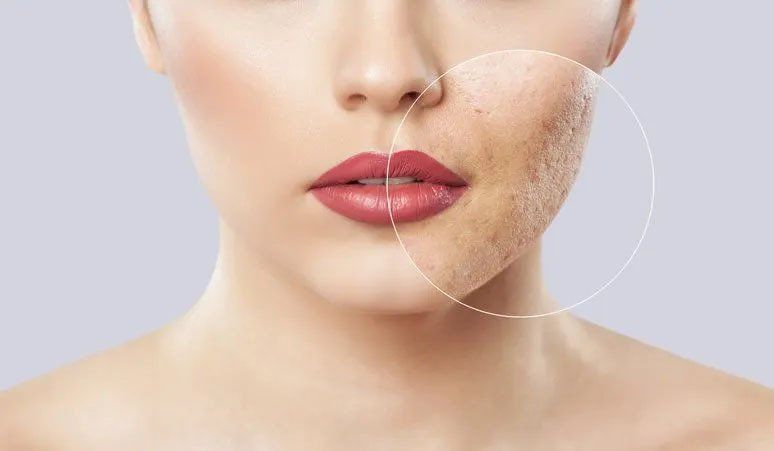5 Do's and Don'ts to Treat Dry, Itchy Skin
August 30, 2018
5 Do's and Don'ts to Treat Dry, Itchy Skin

Dry, itchy skin may be caused by several factors, including skin allergies or medical conditions such as eczema or psoriasis. If you suffer from irritated, itchy skin, then consulting with your physician or dermatologist is probably a good idea. A dermatologist specializes in treating all types of skin conditions. In the meantime, use the following tips to treat your itchy skin.
1. DO Get an Evaluation and Professional Opinion
If your itchy skin has gone on for an extended period of time and does not respond to home remedies or over-the-counter treatments, then it is especially important to seek the advice of a dermatologist. The doctor will evaluate your case and condition to help pinpoint the exact cause.
A skin allergy, such as a localized reaction to a soap or lotion, may clear up on its own after you stop using the product. However, if your skin is red or blistering, or you develop welts or hives, then the doctor may prescribe a medication. In more severe cases, medications may include antihistamines or topical hydrocortisone creams to reduce the inflammation. Once the inflammation is gone, your itchy skin should begin to heal.
Alternatively, if your itch is caused by a skin condition, then you may require a different course of action and treatment plan. Your dermatologist will recommend a treatment that is most suitable for the condition you have.
2. DON'T Take Long, Hot Showers or Baths
Whatever the cause of your itch and irritation is, you should try to avoid bathing or showering in hot water. Lukewarm showers are best, as this temperature is less likely to rob your skin of moisture. You should also avoid soaking in a hot tub for a long period of time, as this may dry out your skin and make you itch even more.
3. DO Apply Some Natural Aloe Vera on Your Itchy Skin
You may have heard about the natural healing powers of aloe. In fact, aloe is said to reduce inflammation, and it is a cooling agent. Additionally, aloe is a natural moisturizer. Generally, aloe is a well-tolerated topical treatment, and you may use it a few times a day.
You may cut a leaf from an aloe plant and apply the soothing gel onto the affected area. Or, you can purchase aloe at the pharmacy in gel form. Be sure the store-bought aloe gel is natural and organic without additives.
4. DON'T Use Harsh Cleansers and Cosmetics
Read the labels before you purchase skin cleansers and cosmetics. Some products may contain harsh chemicals which may make your itchy, dry skin worse. Try to use products that have been approved by dermatologists or those that are dermatology-tested. Fragrances and scented detergents may also irritate your skin, so avoid these as well.
5. DO Raise the Humidity in Your Home
Do you live in a very dry climate? If so, then you need to check on your humidity levels at home. To do so, purchase a hygrometer. This instrument measures the level of humidity in your home. An ideal humidity level is between 30 and 50 percent.
If you need to add moisture in your home, try using a humidifier. Using a humidifier may improve your dry skin. Keep in mind, you need to keep your humidifier clean and disinfected to avoid the growth of mold and bacteria.
Remember, you can take several measures to relieve dry and itchy skin, such as using natural skin moisturizers. If none of these methods improve your condition, or you develop a rash that does not heal or looks infected, then see your dermatologist
at once, as you may require the use of antibiotics or a prescription medication.
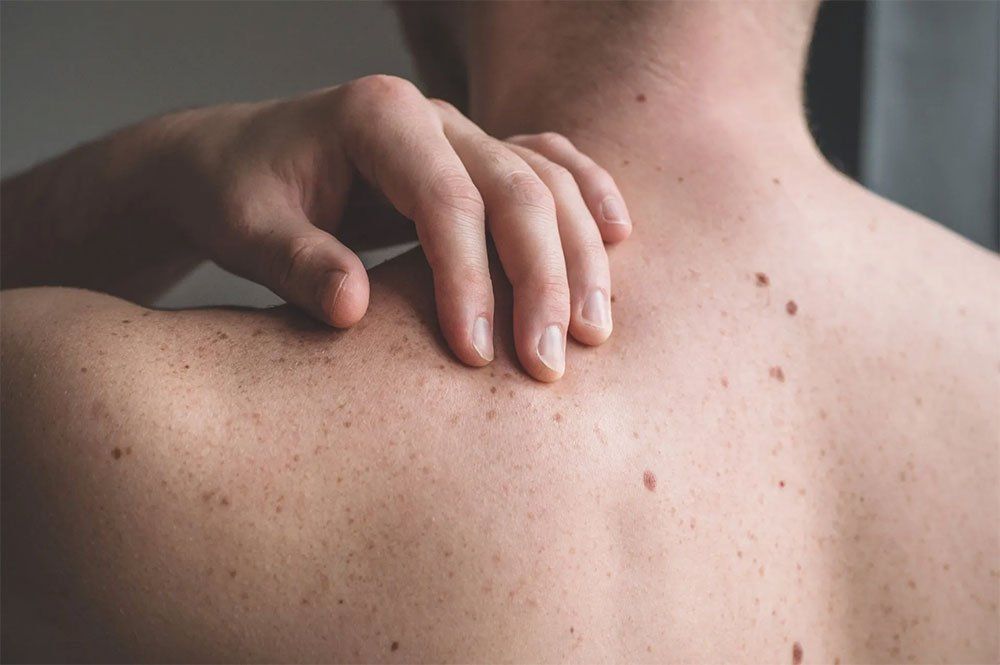
Your body is protected by your skin, which helps prevent damage to internal tissues and infection. However, the skin isn't impervious to disease and infection, and skin conditions are common at all stages of life. If you would like to learn more about your skin, check out these four skin diseases and conditions that are common in adults.
Skin tags develop in almost one-half of the adult population. While these elevated skin growths don't pose any significant health hazards, they can prove both uncomfortable and embarrassing, depending on their location. Fortunately, a qualified dermatologist can remove your unsightly skin tags safely and easily.
Lines around the eyes are almost impossible to hide. Makeup can sometimes make them more noticeable, and sunglasses are not acceptable to wear everywhere. A more effective solution is to learn the little habits that cause the lines to begin or worsen existing wrinkles. Additionally, use these four inexpensive and easy ways to reduce the risk of crow's feet and fine lines.
Lupus is an autoimmune disorder. If you have lupus, your immune system targets your tissue and organs. Unfortunately, you may suffer from skin rashes as your immune system attacks your skin. In fact, skin problems occur in 66 percent of patients with lupus, as noted by the Lupus Foundation of America. Fortunately, a dermatologist can help you combat the skin issues that arise from this disorder.
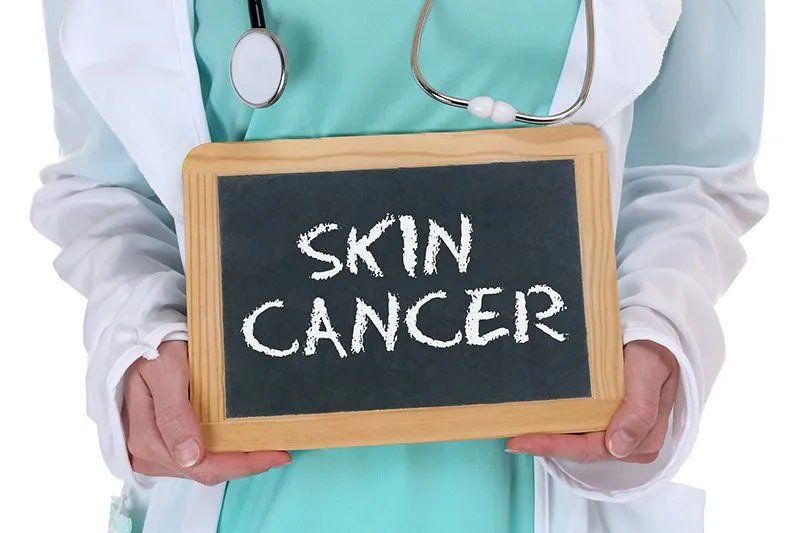
Skin cancer is the most common cancer in the United States, affecting one in five people in their lifetime, according to the American Academy of Dermatology. While some types of skin cancer can be treated effectively, other types, particularly melanoma, can often be fatal. Take steps to prevent skin cancer and reduce your risk.

